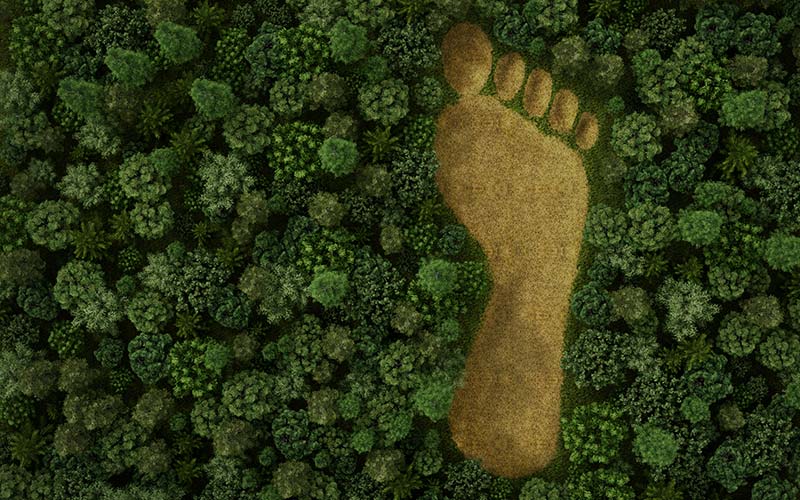Climate change is a significant change to our Earth´s temperature caused mainly by human activities in a relatively short period of time. More specifically, the increase of 1 degree celsius or more in a period of one to two centuries is considered global warming, and even an increase as slight as 0.4 degrees celsius over a hundred years is already significant. Interestingly enough, our planet would take thousands of years to warm or cool 1 degree celsius in a natural way.
In general, climate change is caused by anthropogenic factors such as cutting trees, burning forests, waterproofing soils, emitting greenhouse gases, among others. The greenhouse effect is the term used to describe the phenomenon of gases trapped in our atmosphere, such as carbon dioxide (CO2), methane (CH4), water vapor (H2O), thus contributing to global warming. Of all the aforementioned gases, carbon dioxide (CO2) has undoubtedly been portrayed as the main villain and its importance for life as we know it is yet unknown. The reality is that if it were not for CO2, and its ability to trap heat, the temperature of the earth would not be within comfortable limits to support life. Apart from the natural presence of carbon dioxide in the carbon cycle, human activities increase the presence of this gas, mainly due to emissions from the manufacturing and agricultural industries.
Although many people deny climate change, the evidence is clear. Below are some examples of the evidence collected by the scientific community:
The temperature has increased about 1.4 F (0.8 C) since the end of the 19th century. Approximately 1.0 F (0.6 C) of this warming occurred in the past 30 years.
An increase in sea levels of 3 mm per year has been observed in recent decades, associated with the thermal expansion of the sea.
A 4% melt of the Arctic ice sheet per decade.
An increase in the intensity of atmospheric phenomena, such as hurricanes, droughts, rainfall, among others.
Change in plant flowering and fruition times.
At Futuro Verde we contribute to the mitigation of climate change through environmental education and the implementation of specific initiatives focused on reducing our ecological footprint. Some of these initiatives are: beach and river clean-ups, reduction of solid waste, management of a collection center for recyclable materials and a composting program, among others. We encourage you to take small measures, which are the only ones that can help us fight this sad reality that we face as a species together with all other species on which we depend.


